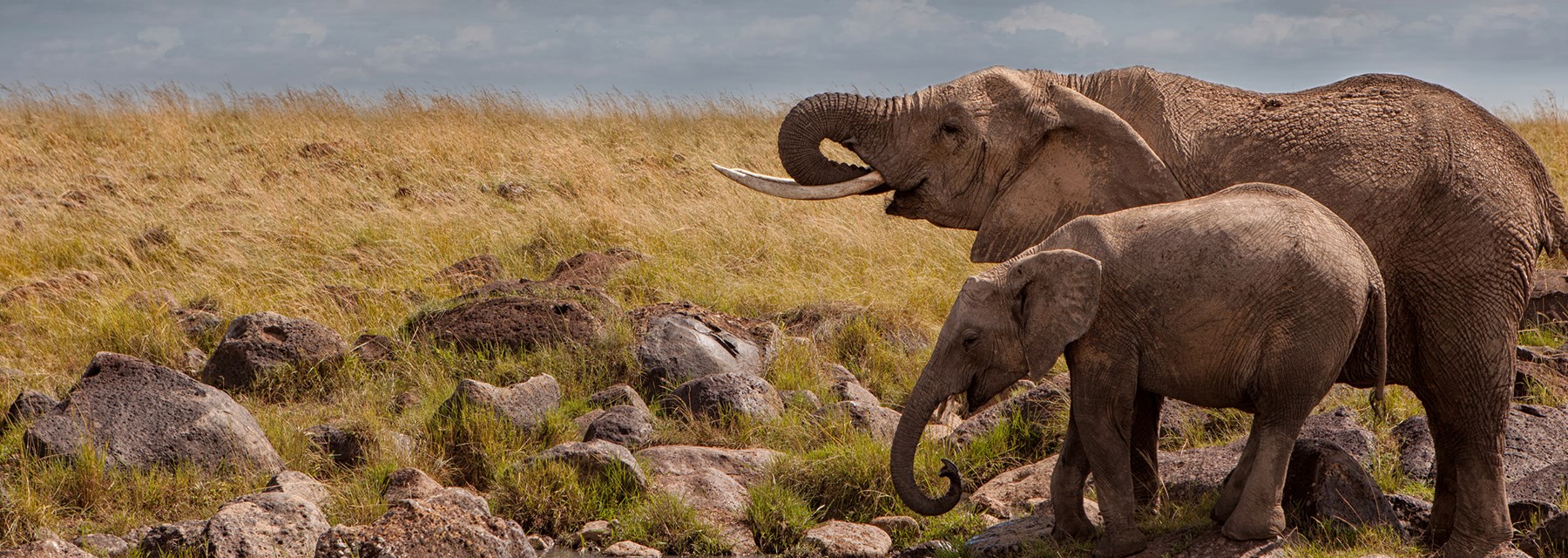Track the rare mountain gorillas in their natural habitats in Volcanoes National Park in Rwanda or Bwindi Impenetrable National Park in Uganda. This is one of the most awe-inspiring, thrilling and poignant wildlife experiences imaginable.
© Adventure World 2024. All Rights Reserved.










